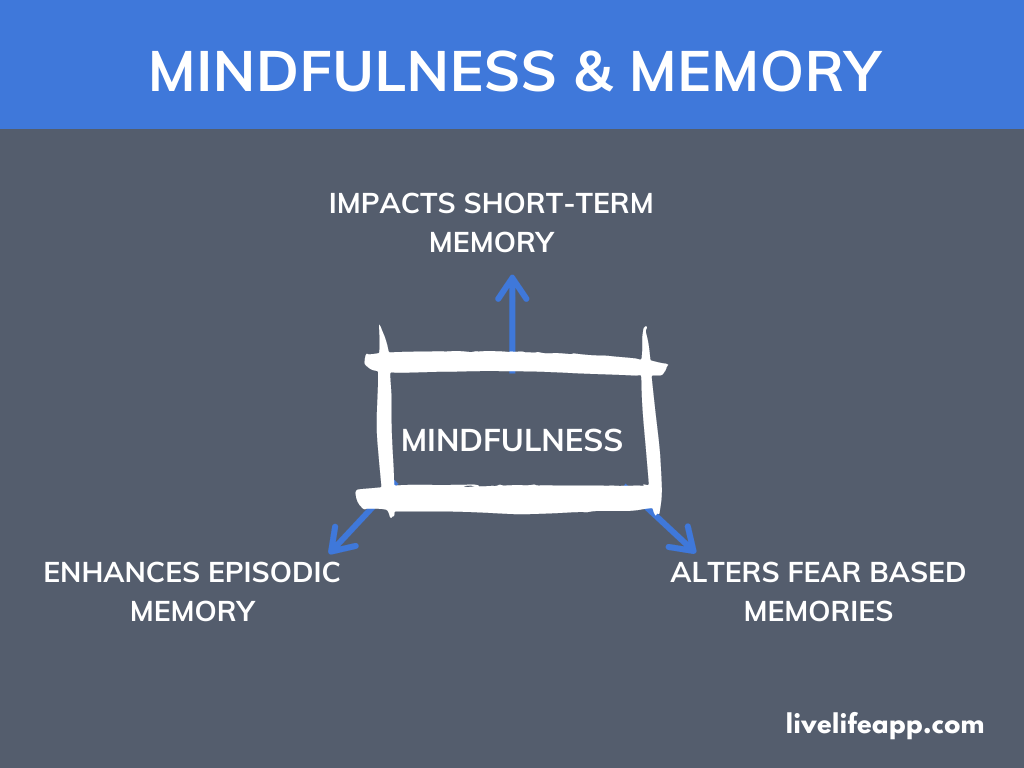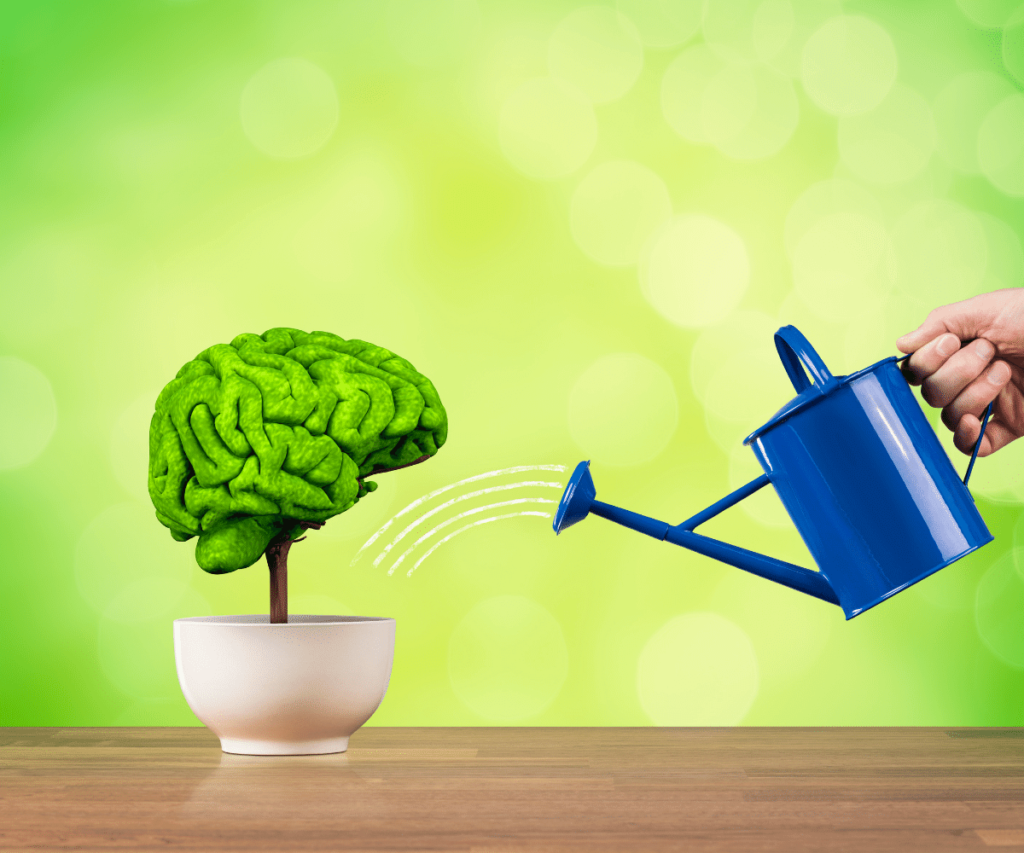WHY MEMORY IS IMPORTANT?
Every day you keep making memories in some form or the other. Be it catching up with friends or watching movies with your family. These special moments you share with your favorite people become an important part of your memory.
Memories guide you through difficulties in life; they give you strength, positivity, and optimism to confront challenges. Apart from empowering you to hold on to cherished moments, memory is also extremely important for storing crucial information.
For instance, if you are writing exams, you need to have a good memory for recollecting information. A good memory means you get to ace your exams like a pro.
Plus, good memory enhances your ability to keep your life organized. This means you won’t forget where you placed your car keys and you won’t waste your time endlessly searching for them.
No more worries about misplacing important things. No more worries about forgetting important events like birthdays and appointments. Most importantly, you have the power to train yourself to improve your memory through mindfulness practices.
MINDFULNESS AND MEMORY
A research study found that students who practiced one hour of mindfulness training for eight days did better in their GRE tests. As part of the study, 48 undergraduate students took part in the mindfulness class.

The study concluded that for students who did mindfulness exercises, their GRE for verbal scores increased from 460 to 520. This happens because mindfulness helps you to process information better.
As a result, you can efficiently recollect information for your tests. As you keep reading further, you will understand more about how mindfulness practices shape different types of memories.
MINDFULNESS IMPACTS SHORT-TERM MEMORY
The other two weeks, they practiced open monitoring. Open monitoring is a simple practice of being aware of things around oneself and redirecting one’s attention to the present moment whenever one feels that the mind wanders.
It is only due to the working of short-term memory that you remember where you parked your car, where you kept your mobile phone, and what you ate for today’s breakfast.
Short-term memory is also known as ‘working memory’. This type of memory is about your ability to hold a small amount of information in your mind for a limited time. Research suggests that mindful practices alter your brain and help you with your short-term memory.
In this research, participants were assigned randomly to four weeks of online mindfulness or creative writing course. The participants who were assigned to practice mindfulness spend two weeks learning to focus on body sensations or breath.
On the other hand, creative writing participants wrote essays based on viewing a photo or text. They practiced journalistic and academic styles of writing for a total of four weeks.
After the completion of mindfulness and creative writing training, both groups took a memory test. In this test, the participants were asked to look at a set of letters on a screen.
After a break, they were shown a single letter and asked if this letter belongs to the set of letters or not. This task is repeated multiple times. The study concludes that participants who were part of the mindfulness group performed better in the task compared to the participants from the creative writing group.
Mindfulness practices help participants to focus on the present moment. This means they get to grasp and learn new information without the interference of old information. Thus, clarity is maintained in the learning process.
MINDFULNESS ENHANCES EPISODIC MEMORY
Not everyone has great memories that we keep revisiting now and then? Our first day at college, fun road-trips, and birthday celebrations. All these memories give us a sense of history; they reveal to us who we are on the inside. These memories are called episodic memories.
Research conducted suggests that mindfulness enhances episodic memories. The study shows that mindfulness impacts free-recall. As you practice mindfulness, you would be able to recall the list of items in any order. This means it gets easier for you to memorize names and places for your history and geography tests!

MINDFULNESS ALTERS FEAR-BASED MEMORIES
Fear. All of us are afraid of things in life. Some of us are afraid to talk to people while others are afraid to speak in front of a large audience. Fear is rooted in our memories. It keeps interfering in our lives and refuses to let us take in new experiences.
Don’t worry because there is a solution to this problem. Research shows that participating in an eight-week mindfulness meditation program alters how our brain processes fear memories. You can tackle fear by learning to shift your attention to focus on the present moment.
As you do this, you learn to experience life with an open mindset. As a result, you create new experiences that will help you to break fear-based associations.





